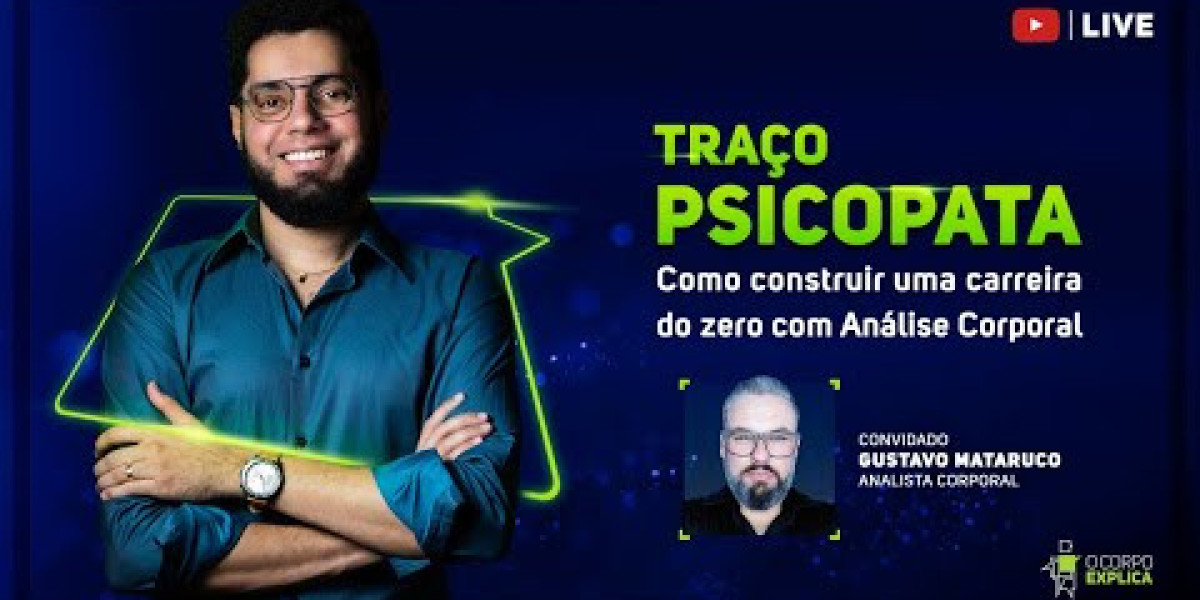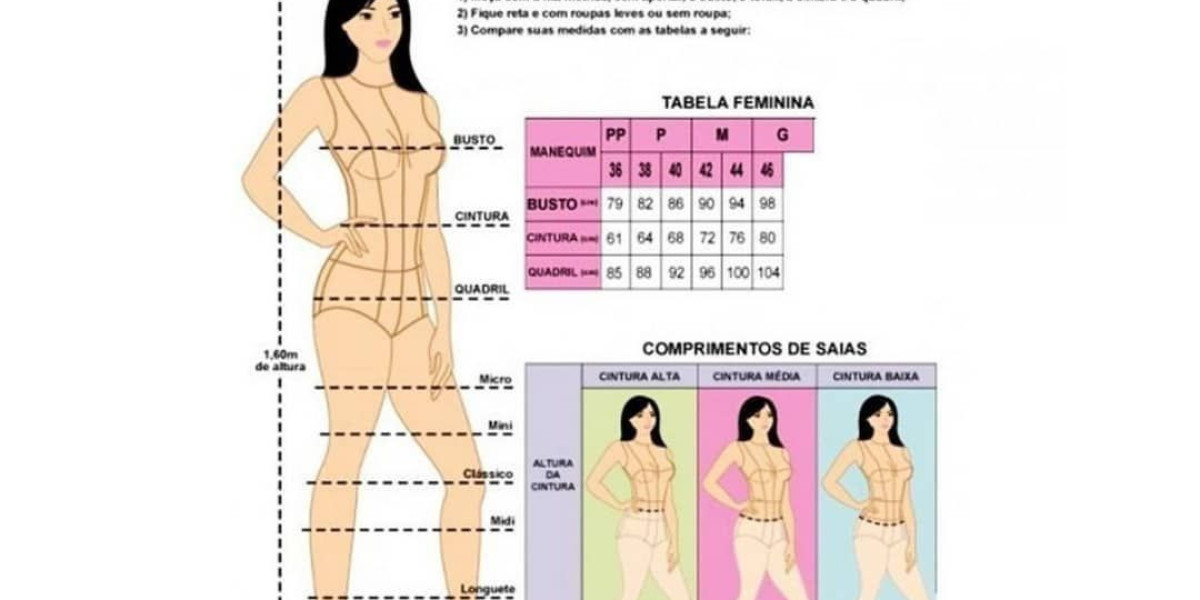 2 Epistemology & Philosophy of Science
2 Epistemology & Philosophy of Science There are just about limitless ways in which you ought to use your personal philosophy in your life. How you do so will vary based upon where you're in life and what's occurring in yours. A personal philosophy is something that may allow you to get past the slim imaginative and prescient and relatively low expectations that many academic methods have for you. It might help you turn into extra self-aware, extra knowledgeable and extra enlightened about life and the world. The main function of schooling in most parts of the world is to produce individuals that are efficient members of society and productive workers. Secondarily the concept of personal philosophies and the person or "self" are comparatively new (see the temporary historical past of private philosophies).
Why knowing yourself matters
Developing your private philosophy offers you an opportunity to indulge in doing so in a method that gets around a lot of the problem of being too actively introspective, or touchy-feely. With the best approach, getting in contact together with your perspective on the world and your self is rewarding, liberating and easily enjoyable. You may even discover it an experience that is affirmational or transformational. Benatar (2006, 60–92, 2017, 35–63) has advanced anadditional argument for nihilism, one that appeals to ThomasNagel’s (1986, 208–32) widely mentioned analysis of theextremely exterior standpoint that human persons can tackle theirlives. There exists, to use Henry Sidgwick’s influential phrase,the "point of view of the universe," that is, thestandpoint that considers a human being’s life in relation toall times and all places. When one takes up this most externalstandpoint and views one’s puny influence on the world, little ofone’s life appears to matter.
To love, to feel, to enjoy the act of living
Meaning isn't goal – to be discovered within the exterior world – but constructed up from our mental states (Warnock, 1970). For Camus, as along with his up to date Jean-Paul Sartre, existentialism issues itself with the individuality of the human condition (Sartre, 1964). To live your life to one of the best of your ability, understand what’s occurred all the times thus far, and make use of any lessons you’ve realized. Do, nonetheless, keep a keen eye on the place you wish to go and who you need to be, since it's with solid goals in mind that it is possible for you to to fully live and respect life.
f. Structural Contours of Meaning in Life
They adopted the concept ofwhole-brain dying as their operational criterion (DeGrazia 2016). This final position of eliminativism might be expanded because it helpsillustrate all other life skeptical positions. Cowie 2009 classifieseliminativist objectives as both linguistic or ontological. Ontologicaleliminativists don’t believe the objects they're eliminatingtruly exist. According to Cowie, one can deny that anything matching our theoretical definition of lifeactually exists on the planet whereas still accepting it as a helpful fiction. Conversely, one may think scientific theories about life are fruitless or that the term is merely too vague and confused to be helpful, with out doubting life exists. If we accept any of thesealternatives, we should always perhaps keep away from ever utilizing the term‘life’ in isolation and instead reference Metabolic Life and Evolutionary Life and all the opposite conceptions.
The start of an individual lifehas been the supply of contraception and abortion discussions (Noonan 1967, Dellapenna 1978). Unfortunately, developmental biologydoes not present an uncontroversial start line for when‘life’ begins (Maienschein 2014). The finish of particular person lives was also a heated debate in the 20th century as new applied sciences wereable to maintain human bodies alive lengthy after they might have died innature (DeGrazia 2016). Personal philosophies within the context used right here, are prevalent in trendy occasions. In 1931 a volume of Living Philosophies was revealed by Simon & Schuster and consists of short essays about their philosophy on life from notable figures together with Albert Einstein. These insightful essays capture their perspective on the world including their beliefs and beliefs.
There just isn't a definitive reply, and considering or discourse on the subject is sought in the English language by way of the question, "What is the that means of life?" (or the related "Why are we here?" or "What is the aim of existence?"). There have been many proposed answers to those questions from many various cultural and ideological backgrounds. The seek for life's which means has produced a lot philosophical, scientific, theological, and metaphysical speculation throughout historical past. Different people and cultures imagine different things for the answer to this question. Opinions range on the usefulness of utilizing time and resources in the pursuit of a solution. Excessive pondering can be indicative of, or result in, an existential disaster. Cross-cutting the extreme/moderate distinction is one betweenGod-centered theories and soul-centered ones.
Thus a trainer would possibly try to convey her understanding of some subjectmatter—say, of how Type II Diabetes works—but there's noguarantee that the understanding will actually be transmitted,or that her students will come to see or grasp what she herself seesand grasps. For instance, suppose you read a historical past guide filled with inaccurate factsabout the Comanche dominance of the Southern Plains in the nineteenthcentury, but your dyslexia miraculously transforms all of them intotruths (Kvanvig 2009). For Kvanvig, despite the one-in-a-billionluckiness of your grasp’s origins, you can nonetheless come toan understanding of this subject. So lengthy because the accuracy and internalappropriateness situations are happy, the way you came by youraccurate grasp isn't important. Bearing in mind earlier distinctions, these would be accounts on whichone’s appreciation of statistical relations is the vehiclethrough which one grasps real (external) causal relations in theworld. For the final a quantity of decades, nonetheless, a case has been made that"understanding" is a better translation ofepisteme. (For early influential arguments see, e.g.,Moravscik 1979; Burnyeat 1980, 1981; Annas 1981.) To appreciate why,observe that data, as now commonly conceived, can apparently bequite easy to get.




